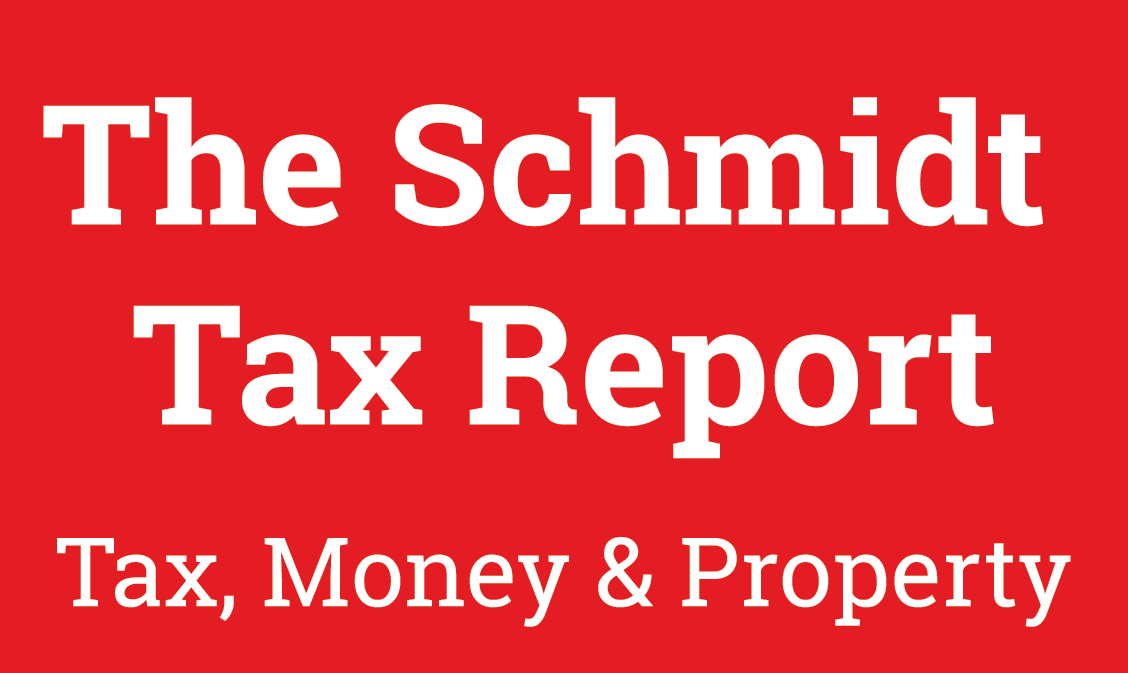Coming, as I do, from a long line of traders I was raised to believe that one should never pay retail. It is for this reason that when I am purchasing investment property I always do so at auction. In my experience, there are a number of key advantages to buying this way. To begin with there are always much better deals. Anyone who has decided to sell their property at auction is doing so because they are desperate to sell. This leads me to the second advantage. About a third of all properties listed with estate agents fail to sell first time, if at all. Why? A huge percentage get withdrawn by the vendor. In other cases the buyer can’t exchange because of the survey result, lack of mortgage finance, a lower-than-expected valuation or for some other reason (maybe a change of heart). Buying through an estate agent is a hassle, whereas very few properties are ever withdrawn prior to an auction and in my experience fewer than one in ten fails to sell. The third advantage is that most auctions occur 28 days after the initial catalogue has been published. So, there is no hanging around. And, more to the point, there is certainty. As a professional buyer I find amateur vendors dealing through estate agents extremely annoying. One wastes time on endless negotiations and time is, if you will excuse the cliché, money. What are the disadvantages of buying at auction? Some find the 28-day period to make up one’s mind not long enough, but this, as I say, has never worried me.
When it comes to buying properties – especially multiple properties at auction – the huge risk is spending too much money on the pre-auction process.
Let me give you a real-life example.
At the moment, I am working with a partner buying and selling two- and three-bedroom houses in regional cities. We expect to buy at any price between £50,000 and £100,000 and we look to make a minimum of £15,000 clear on every deal.
This means that when I go to a typical auction in, say, a city such as Birmingham or Manchester I may have up to a dozen properties that interest me. There is no way we can afford to pay a survey fee for a dozen properties, none of which we may actually get on the day.
Instead, I (or my partner) look at each and every house. We take photos and keep notes and decide – without the help of a surveyor – how much we will have to spend to bring the property up to our desired standard. We have a list of average costs and we use the higher figure for all our calculations. For instance, I know what a new bathroom will cost, what a new kitchen will cost, what a new roof will cost and so forth. Moreover, having been in the game a long time I can walk through a house and work out pretty much what has to be done. My aim is to create a house that is in perfect condition with new windows, new bathroom, new kitchen etc. – painted and carpeted – with a landscaped garden.
The one thing we don’t economise on is having a solicitor look at the legal pack you receive from the auctioneer when you show interest in a particular property. This will contain the title deeds, local authority and environmental searches, fixtures and fittings and the seller’s information form plus any relevant leasehold information. I have these checked in case there are any hidden covenants or loopholes. It is worth the money. I trust my nose to tell me whether there is dry rot or some awful problem with a house. But I don’t trust myself not to be caught out by some legal small print.
Incidentally, what interests me most is looking for properties that have either been empty for a very long period or were used for non-residential purposes (houses that have had shops added). Such properties generally offer much better value and are in less demand. Furthermore, VAT is usually only payable at 5%, meaning a 15% saving. Occasionally, I will also buy a pub and convert it into flats.
This leads me on to a final point. My advice to anyone entering this business is to choose an area to specialise in and stick to it. I like to have lots of turnover. At the moment I am buying about four to six properties a month and my average turnaround from auction to final completion is six months. So we are generating around £60,000 to £80,000 gross profit a month. That may sound like a great deal of money, but I employ eight staff to deal with builders, purchasing, accounts and so forth, not to mention handling the estate agents who make our sales for us. Plus we have finance costs because at any one time I may have up to a million pounds on the table.
I have friends who work it differently. They think the best route is to work on larger deals on the basis that a larger deal requires the same amount of effort but the profit is so much greater. For example, I know one man who buys very rundown period houses in country areas and completely renovates them. Another specialises in buying small hotels and bed and breakfasts. I would urge anyone interested in this area to focus on a niche.
John Lowe
